The 5th Science Promotion Meeting held by the Mustafa (PBUH) Science and Technology Foundation gathered experts in science communication from India and Iran.
The moderator initiated the discussion by pointing to the existing gap between science and media and how this gap has been formed.
Mohammad Khodadadi, press deputy of the Minister of Culture and Islamic Guidance, as the first speaker said “media is the factory of data production.”
“The media and science are rapidly progressing and affecting each other,” he continued.
Nowadays we are confronted with an unlimited amount of data, he added.
Referring to this phenomenon as “an eruption of data” around the world, Khodadadi stated that this has made some forms of crisis like the flow the fake news in society.
“Science belongs to all spheres of a society,” he asserted.
Zahra Ojagh, head of the Media Studies department at the Institute for Humanities and Cultural Studies, talking about the gap between science and media pointed out that “this gap is prevalent all around the world, not just in developing countries.”
She talked about the approach of media towards science, stating that science is often regarded and appreciated as “a solution to problems,” not as a means towards a new worldview.
The social role of science must come to the fore more than before, Ojagh continued.
There are different reasons behind the existing gap between science and media, she said, adding that when the audience of science become producers of scientific content, pseudoscience happens and exacerbates the situation.
“Science cannot be treated merely as a fantasy; it should be implemented in the minds of every one of us,” she highlighted.
She also hinted at the different approaches in different countries towards science, stating that “the perception of policymakers from science” is the chief cause of such different approaches.
Gauhar Raza, a member of the National Institute of Science Communication and Information Resources of India, commenced his speech by saying that the gap between science and society was extremely wide in the 16th and 17th centuries.
From the 17th century onward, people started to think about the world and science more seriously, he continued.
"We need more people having expertise in translating the language of scientists for common people."
Emphasizing that there is a problem with media when it comes to communicating science to people, he said science must compete with other realms like politics, sports, culture, and movies.
“Science is often defeated in this competition,” he noted.
Statistics and facts do not appeal to common people, he continued, adding that “it is only amid facing natural disasters that the society gets inclined to read science news.”
Without having “a comprehensive perspective towards the whole system,” we cannot effectively transfer science to society, he maintained.
Science communication in most countries is not done effectively, he said, noting that many newspapers still do not have a scientific section.
Pointing to scientific and nonscientific data, he said, “the less tendency people show towards receiving and reading science news, the harder it is to transfer science to the society.”
When it comes to science news, we should figure out the needs of people; that to what extent they need to receive science news, so that we can mainly target those needs, not more.

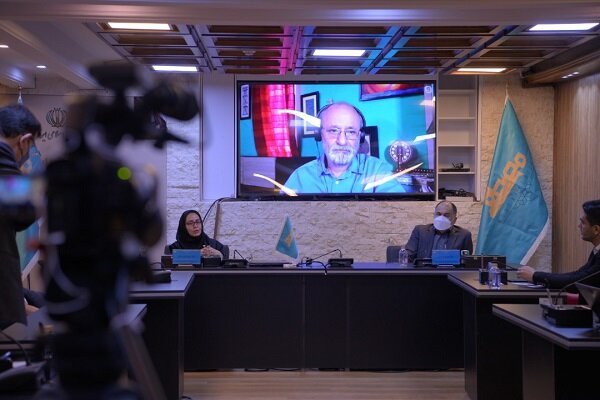

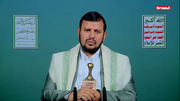
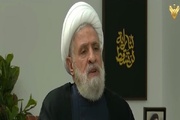

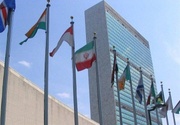
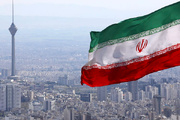
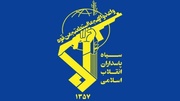
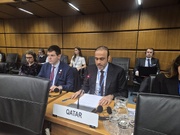
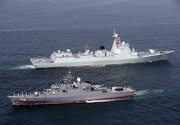
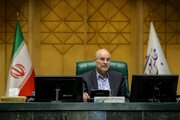

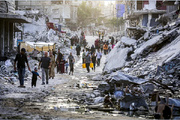
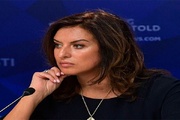
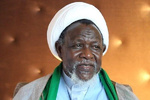
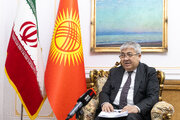

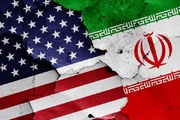
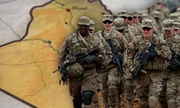
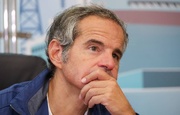


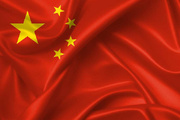

Your Comment